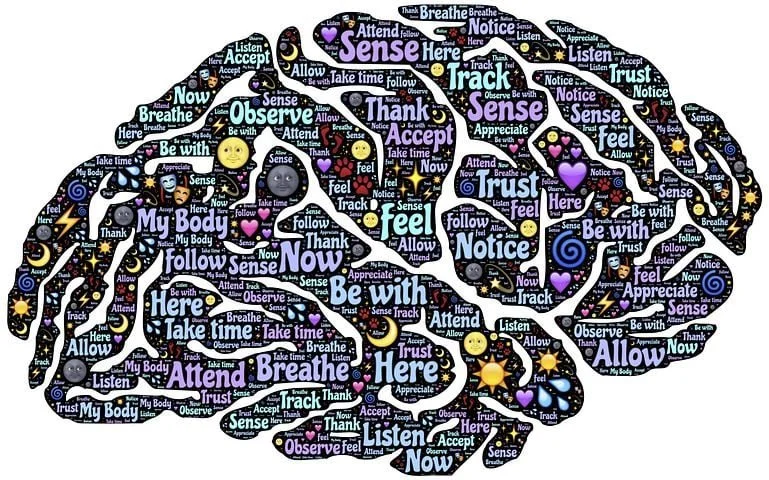Taichi training emphasizes the relaxation of the mind and the body, maintains peace of mind, and minimises the impact of external interference on the body so as to make the mind more comfortable.
This Korean study explores the influence of taichi practice on emotional regulation. The significance of taichi in developing and improving the positive emotions of middle-aged people and maintaining physical and mental health is explored using a moderate-intensity taichi exercise. It studies the effects of exercise on the body shape, cardiopulmonary function, flexibility, and balance ability of the body according to the metabolism theory and the movement balance theory of the human body adapting to the environment.
Taichi practice involves left rotation and right rotation, with the waist as the axis, so that the muscles, joints, and even internal organs of the whole body can be properly and evenly moved. At the same time, the gentle, deep, even, and powerful breathing during the training process makes the mind, energy and force achieve an effective unity, thereby promoting the exhalation of the old and the inhalation of the new, strengthening the circulation of energy and blood in the whole body, and then improving the transportation and transformation efficiency of the subtle substances in the body.
Emotion is a very important concept in psychology. Emotion is composed of multiple components, multiple dimension combinations, and multiple levels of integration. It is the psychological activity process and psychological motivation energy that interacts with cognition in the process of people’s survival adaptation and interpersonal communication.
The negative emotions of practitioners, such as nervousness, anger, fatigue, depression, and panic, decreased significantly after taichi, while positive emotions of energy and self-esteem increased significantly.
Overall the aggregate score of emotion decreased significantly, indicating that this group taichi work is an effective method for self-adjustment of emotion but also important to successfully improve vitality and reduce tension.
In the group, practitioners confided their worries, sorrows, anger, and other feelings and obtained the empathy, support, and help of other group members, thus enriching the personal support network, allowing the group members to relieve stress, improve self-confidence, and enhance resilience. “Emotional catharsis and regulation” allows group members to learn to deal with and control their own emotions independently and apply them to their own lives to reduce negative emotions.
Through taichi learning, the group members relax physically and mentally through these slow, stretching, and smooth movements. The visual movements combined with quiet breathing can vent and sublimate negative emotions. At the same time, in the process of taichi class group members continually learn new movements and create new opportunities for challenges. Through the help of instructors and group members as well as personal efforts, success and affirmation in challenges is an important way for group members to build self-confidence. Therefore, the positive emotions of the group members were improved, and the emotion state was improved.
The study also found that taichi has a significant effect on improving students’ body shape, cardiopulmonary function, flexibility, balance, and mood.
https://www.hindawi.com/journals/cmmi/2022/5468317/
If you are looking for a taichi program to increase emotional regulation, try a Wulong class today. Click here to see all our class locations and timings.

